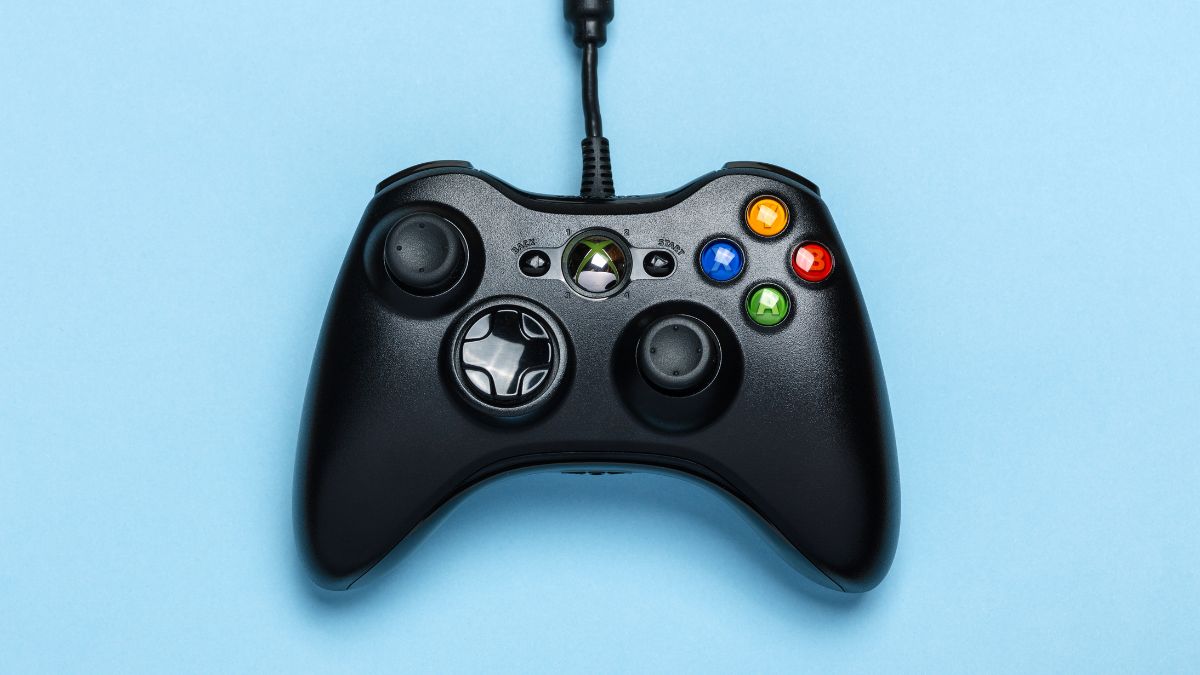Since the launch of the Xbox One and PlayStation 4 in 2013, there hasn’t been much of a comparison between the Microsoft and Sony consoles. While technically very similar in terms of hardware, with each year, the PlayStation 4 and now the PlayStation 5 have become more and more appealing than the Xbox One and now the Xbox Series X|S.
The Xbox Game Pass is Team Green’s biggest selling point, but it rarely gets the hit new games on day one that would make the Xbox a must-have console. PlayStation, on the other hand, has continued to pump out hit exclusives that make the PS5 essential.
People buy consoles to play games, which is something that Xbox seems to have forgotten over the last 13 years or so. As a result, Xbox unit sales are less than half that of the PS5. In a surprise move, Xbox has since opted to put its few hit exclusives out on PlayStation, seemingly throwing in the towel as a serious console competitor. So, was this a wise move?
Importance of Exclusivity
Exclusive games are the primary and most compelling selling point of any and all gaming systems. PC gamers gloat about their massive library of games, while Nintendo and Sony have held strongly to their leading IPs and developed them extensively. Across entertainment, all other major platforms have realised the importance of this.
You can look to the many streaming platforms with their original content, be it Netflix Originals, the exclusive prestige TV shows of HBO, or even the exclusive games found at the Canadian online casino. Even here, where there are hundreds of thousands of slots around, exclusivity is a major selling point.

Here, Furball Fever Megaways, Betano Spinman, Tiger Legends, and 15 Coins: Grand Diamond Edition are all exclusive. Where exclusivity isn’t an option, early access is a big play, as shown with Thor: Realms of Fortune and Aztec Hero. As announced in February 2024, Xbox will defy this logic with multiplatform releases.
Before, there were still a few reasons to buy into the Xbox ecosystem in a way that allows you to own your purchases. You could get an Xbox and physical copies of the critically-acclaimed Forza Horizon, Gears of War, and the long-awaited State of Decay 3, and enjoy them for years and years to come. Now, you don’t need an Xbox.
Another Revenue Stream
The flip side to the exclusivity debate, especially when Xbox Game Pass is concerned, is that if a console doesn’t sell well, its exclusive games don’t either. This, along with the lack of direct income from traditional purchases, will eventually hamstring the studio and platform due to the lack of return on investment.
If Xbox’s many, many firings and studio closures in 2025 alone are anything to go by, this is already beginning to bite. In a move that looks to accept the state of play and recoup costs, the Xbox higher up saw it right to release some exclusives on PlayStation.
Grounded, Hi-Fi Rush, and Sea of Thieves made a splash, but Forza Horizon 5 was a colossal hit, with 3 million units sold to make it the best-selling game of the year to that point in July 2025. Those were direct, full-priced purchases that’d bring in more than three months’ worth of an individual Game Pass subscription apiece.
Perhaps Xbox has sensed that being in the console game isn’t in their future, having been brushed aside by Sony and Nintendo hardware conclusively for over a decade. If this is the case, then ditching exclusivity is the best way to quickly increase revenues and even cover the gaps made by their subscription model.

